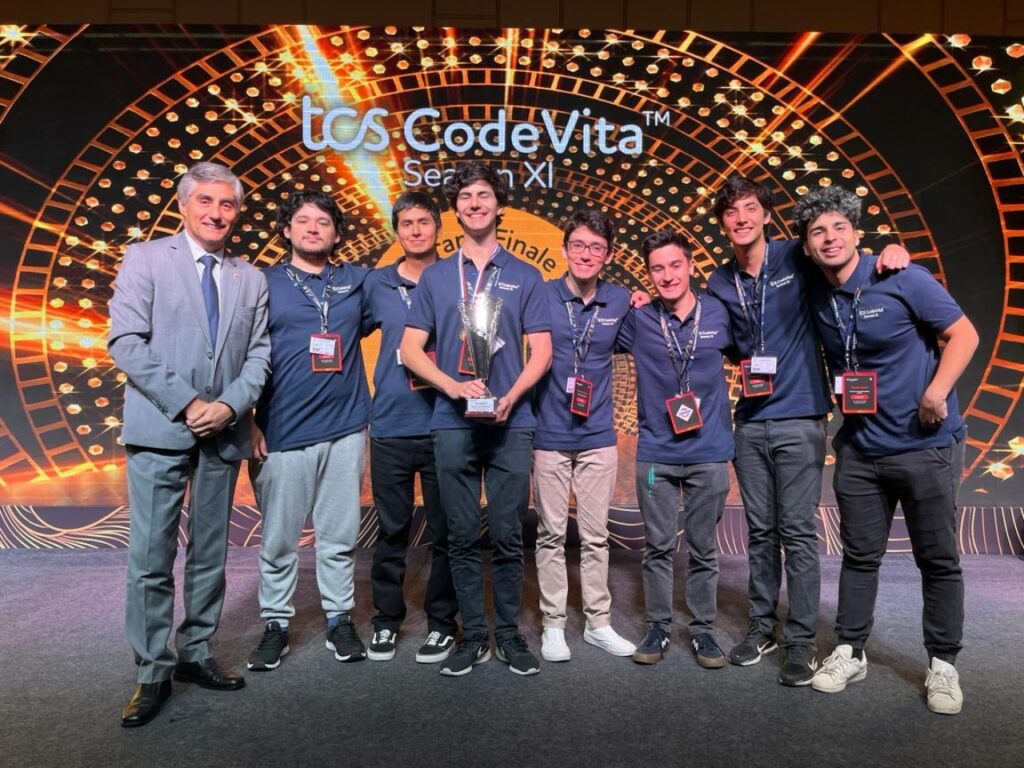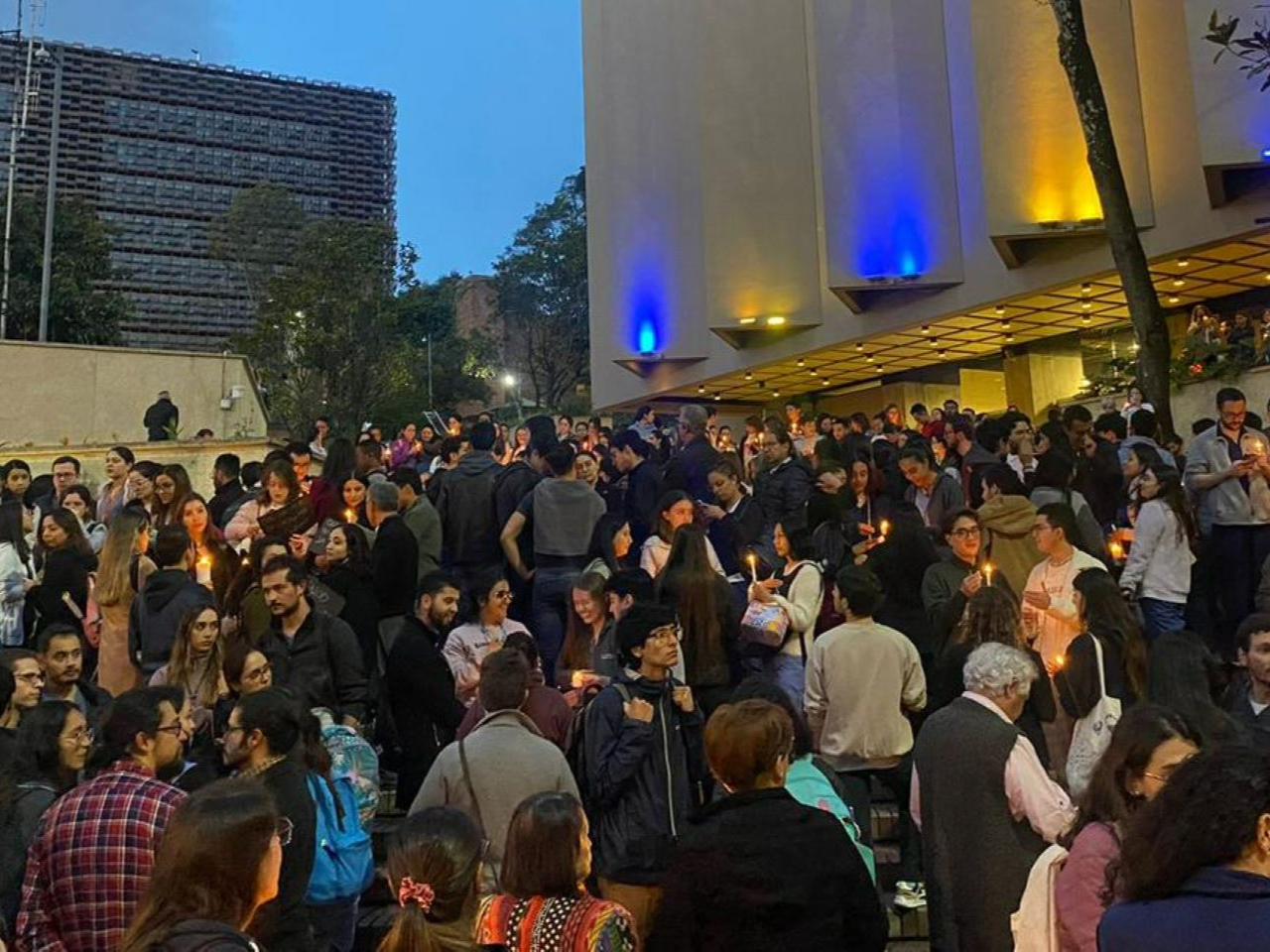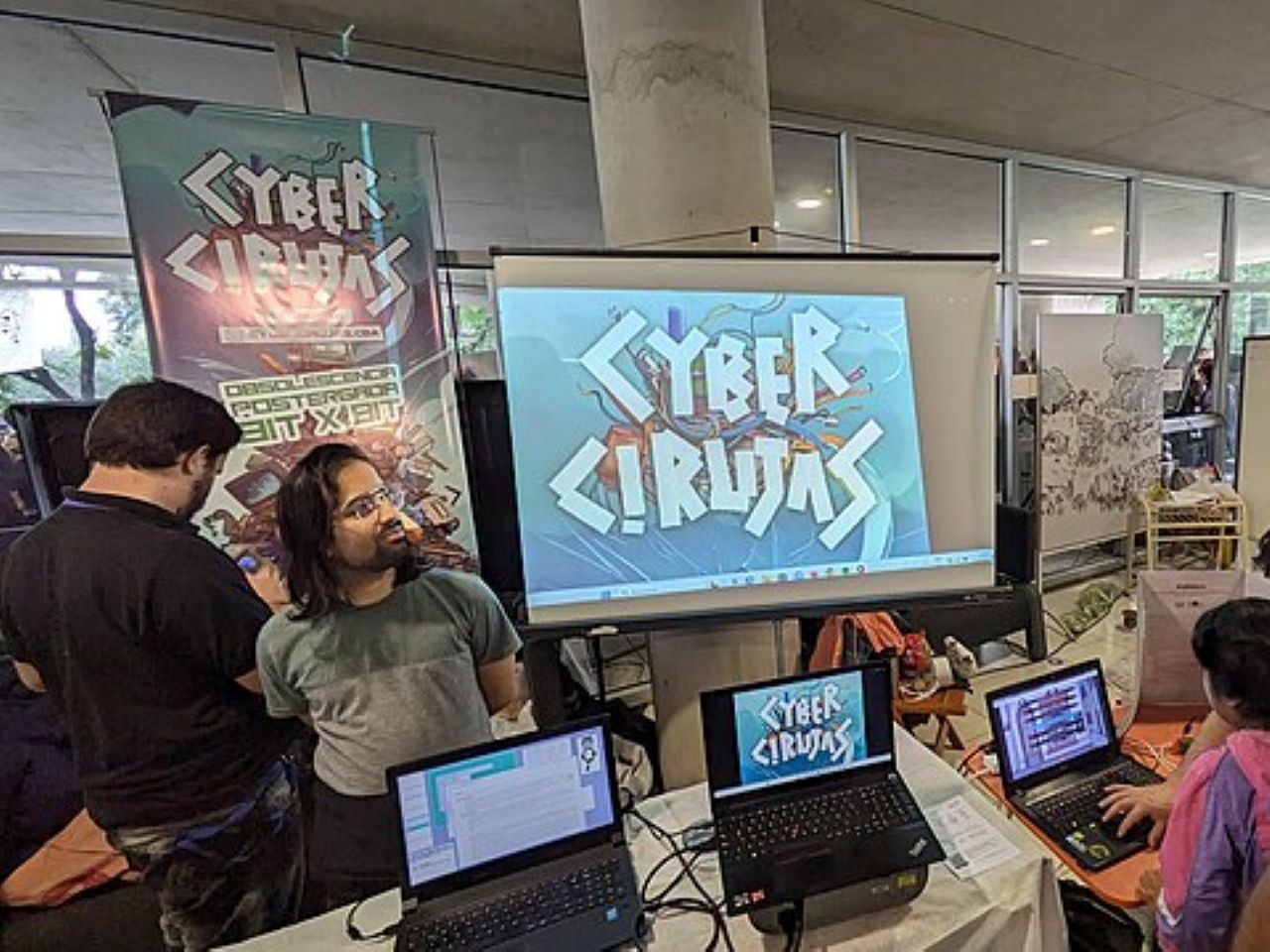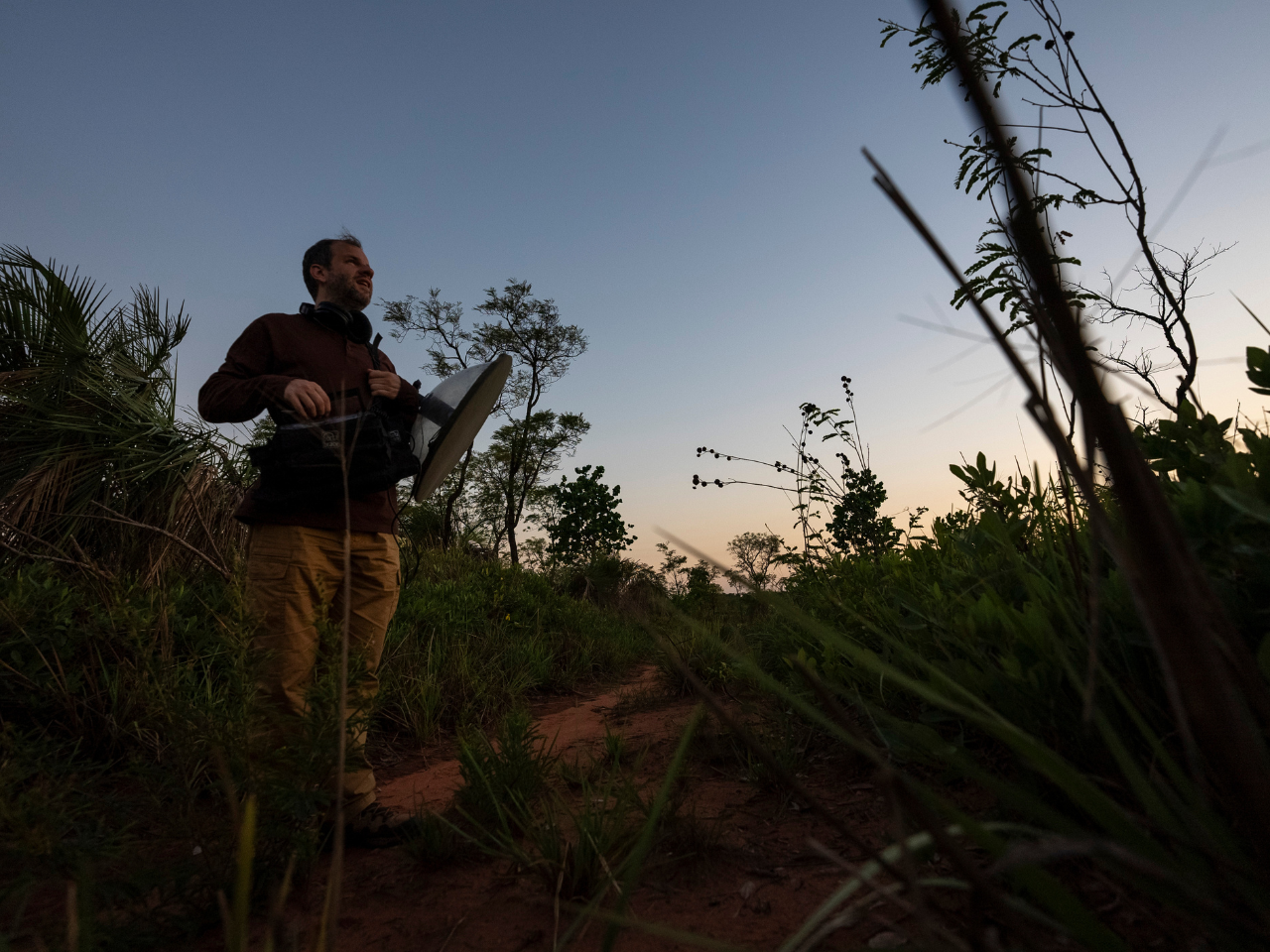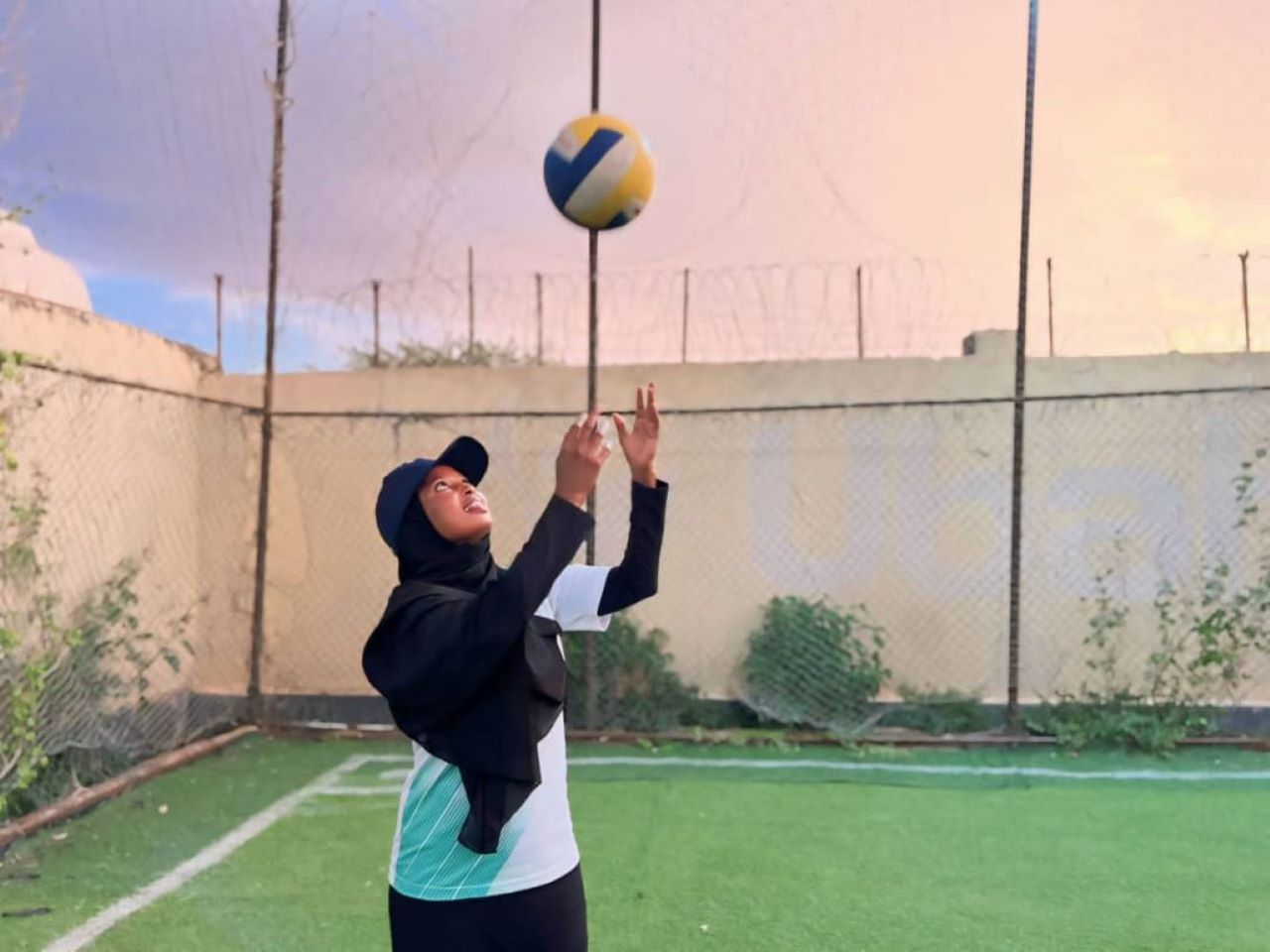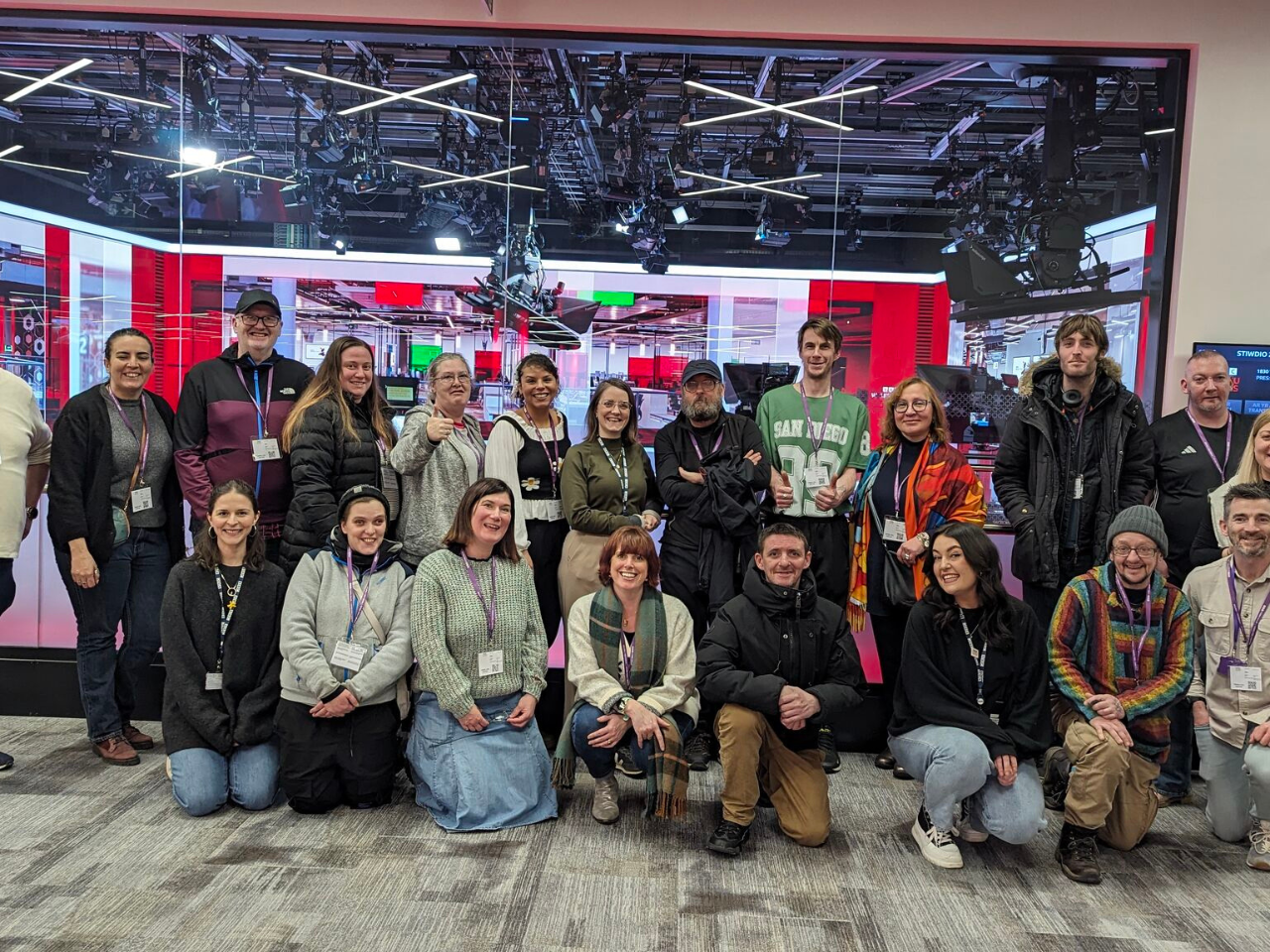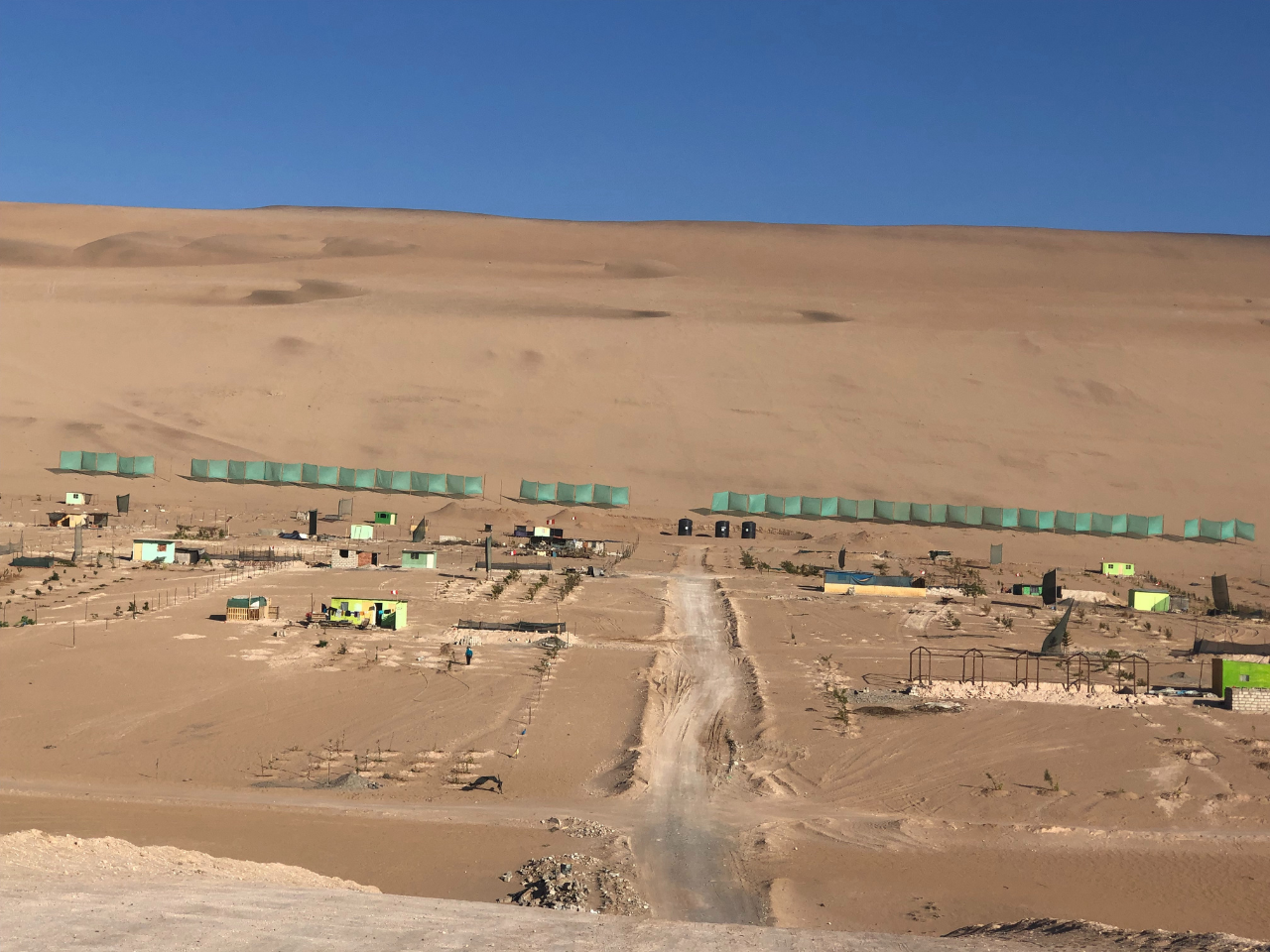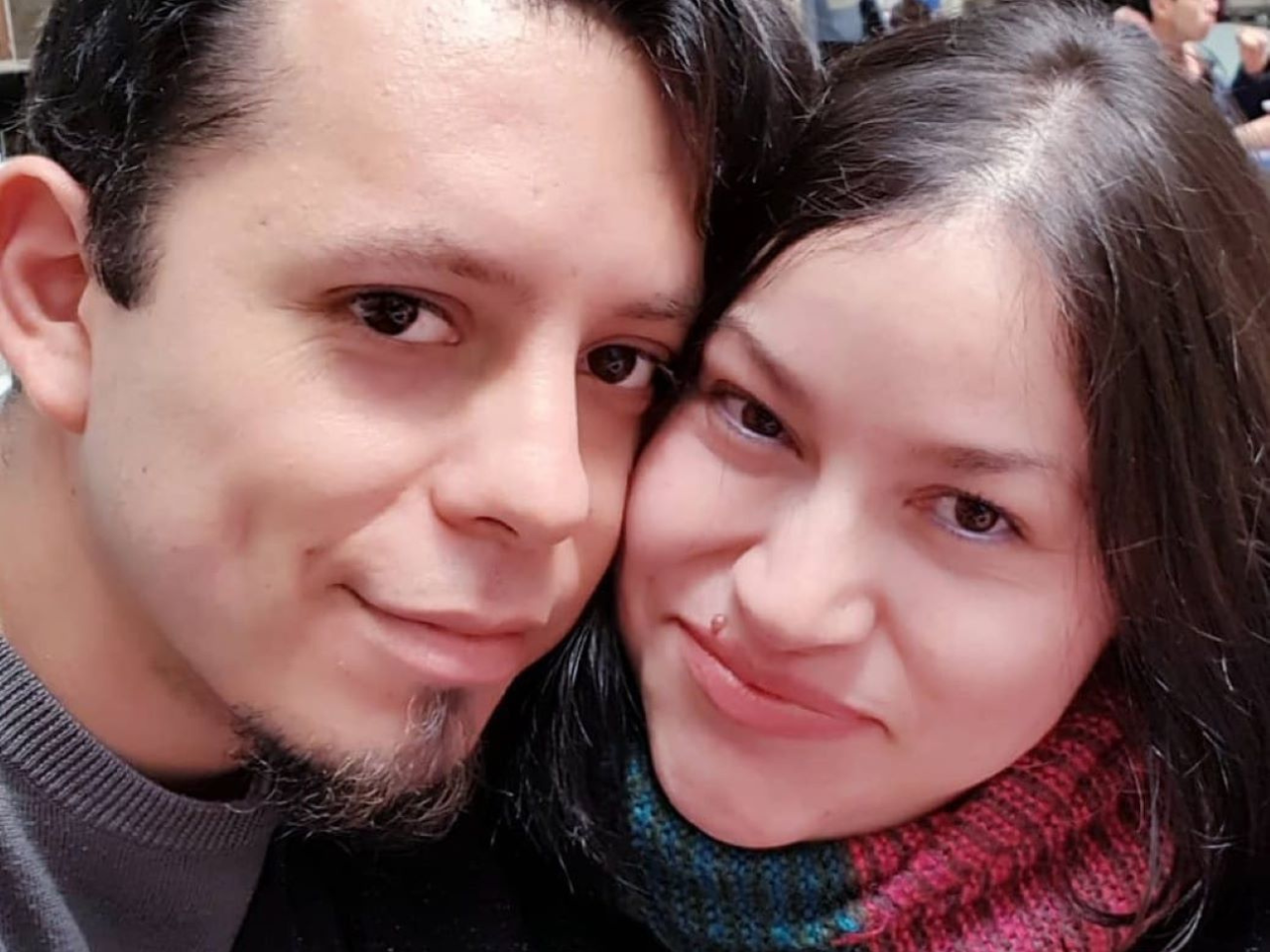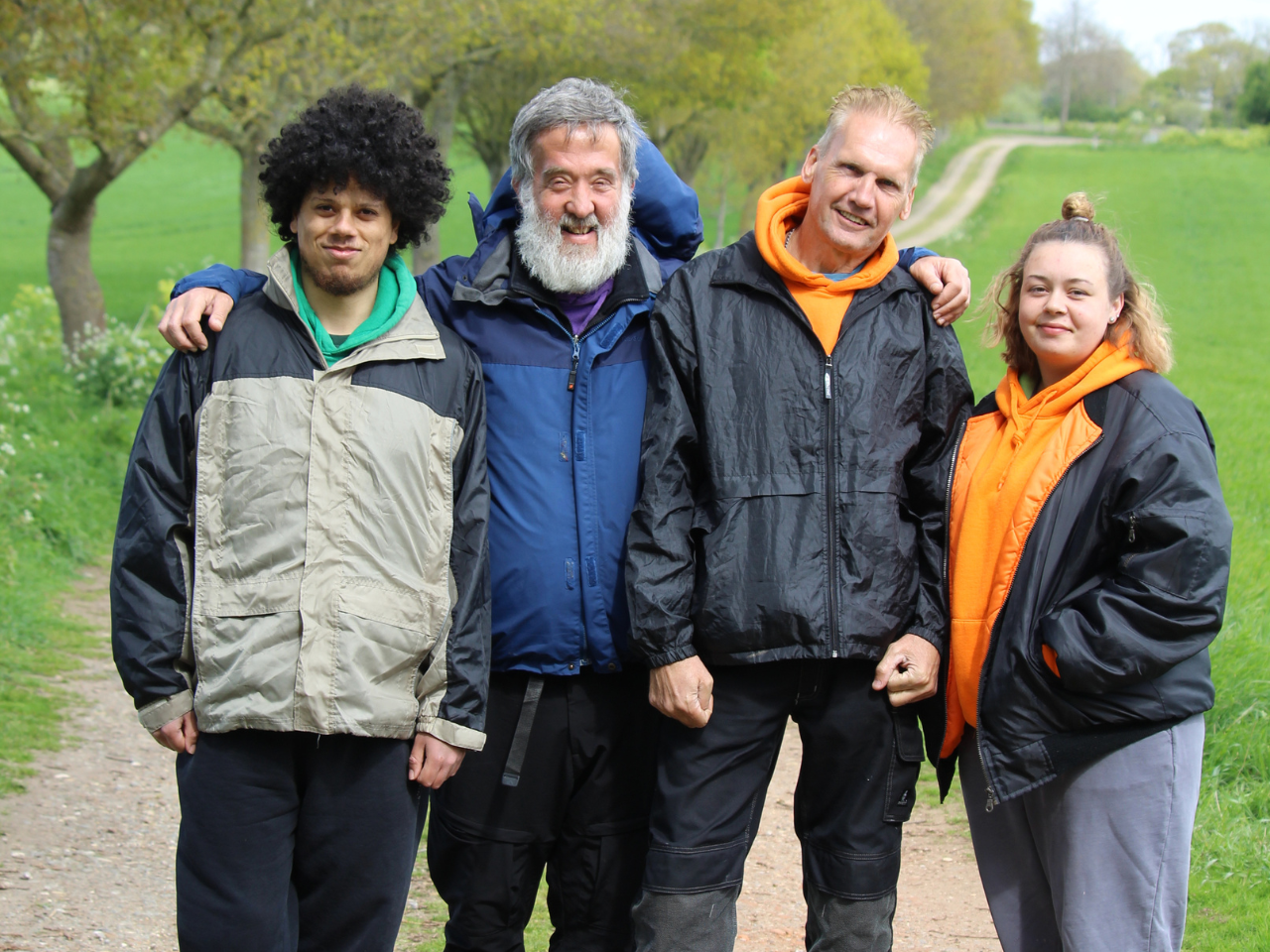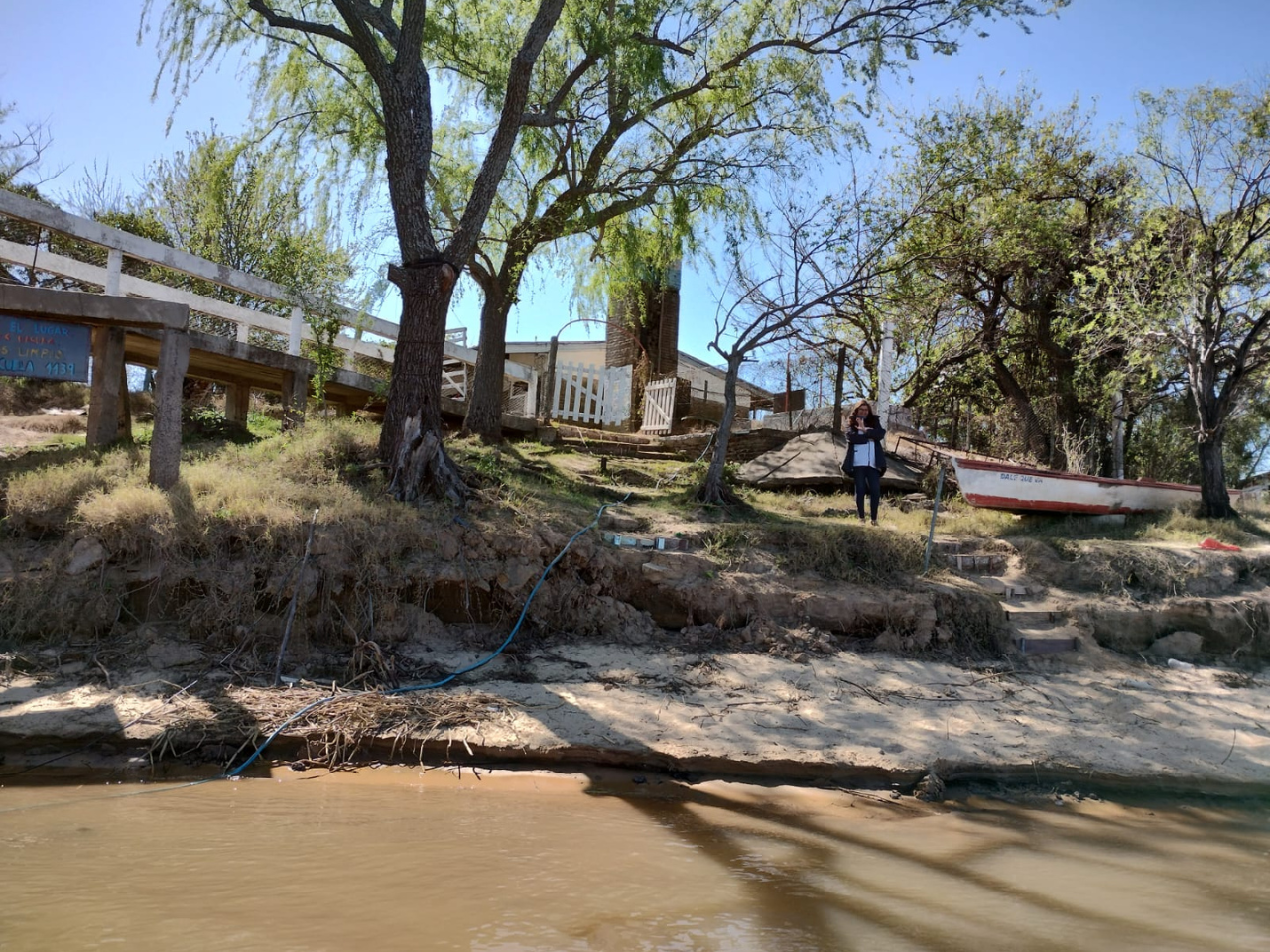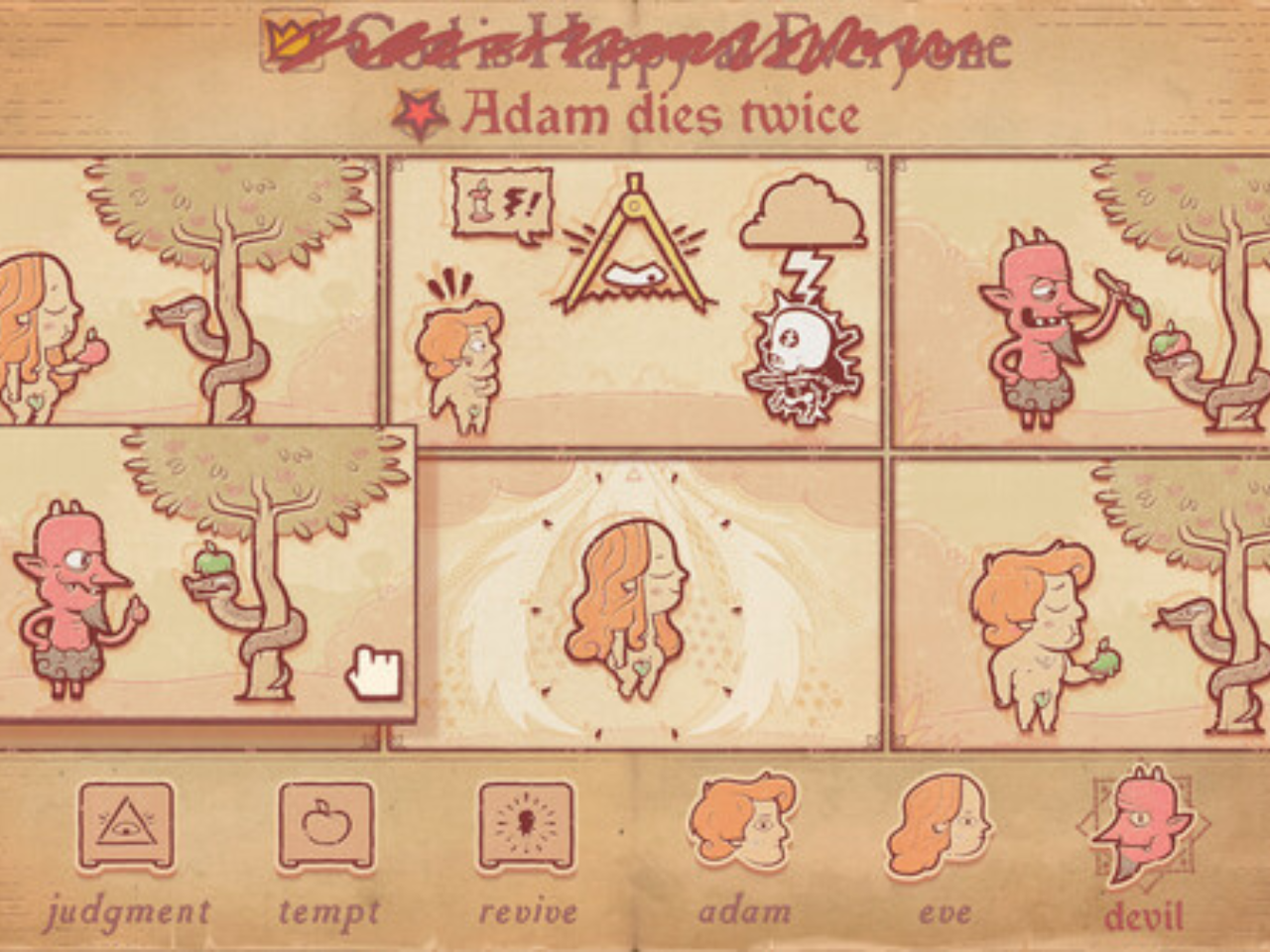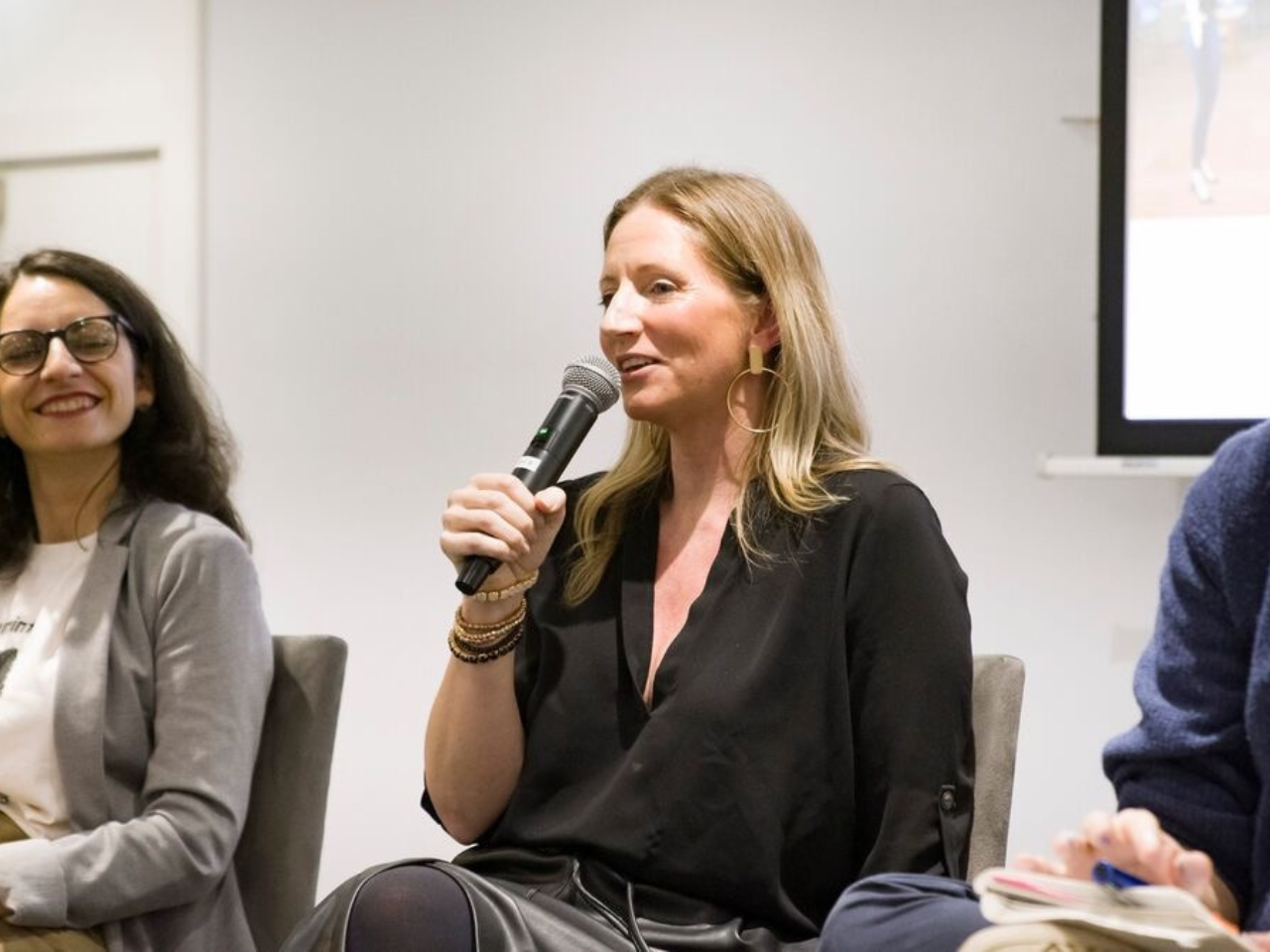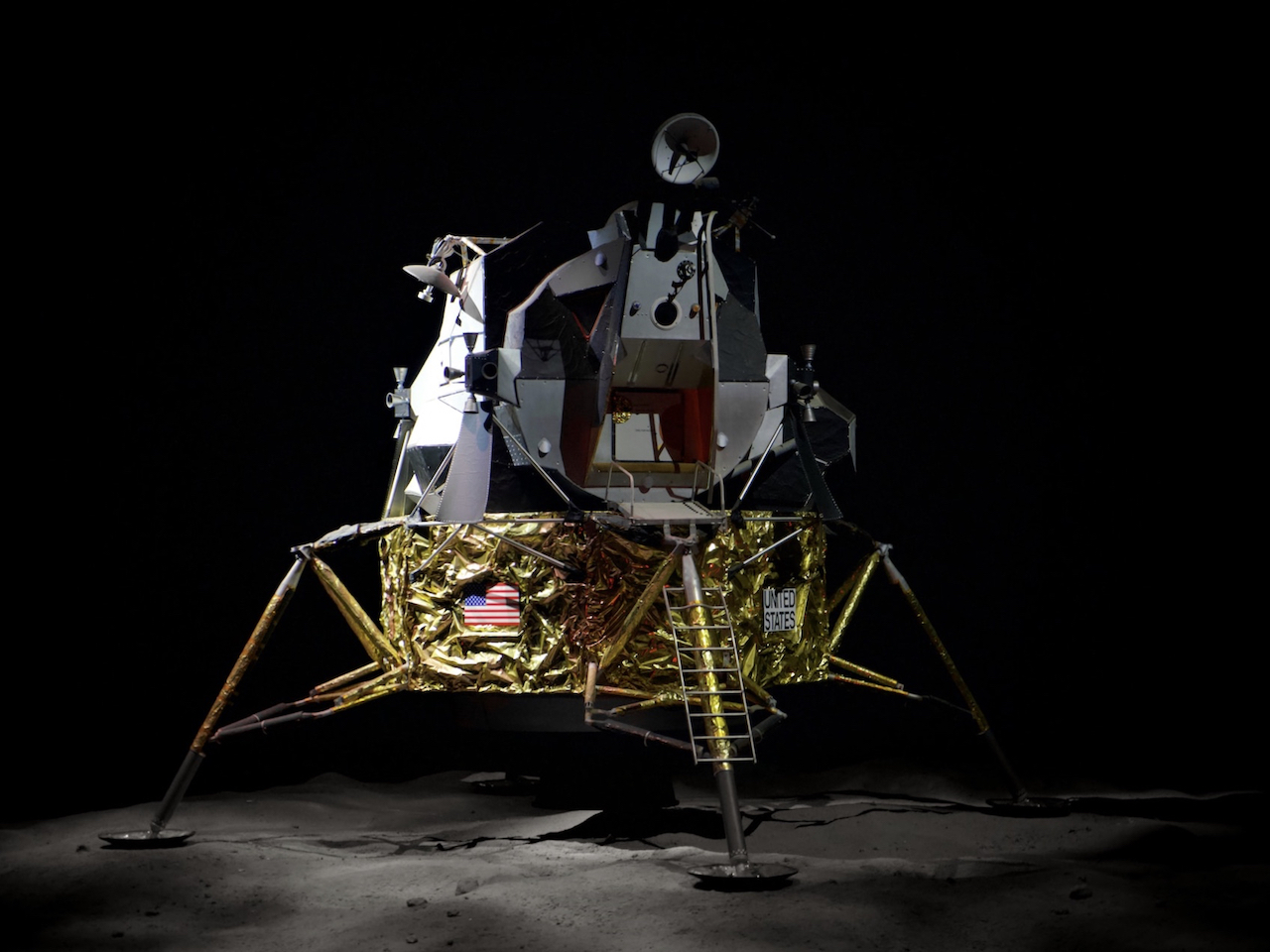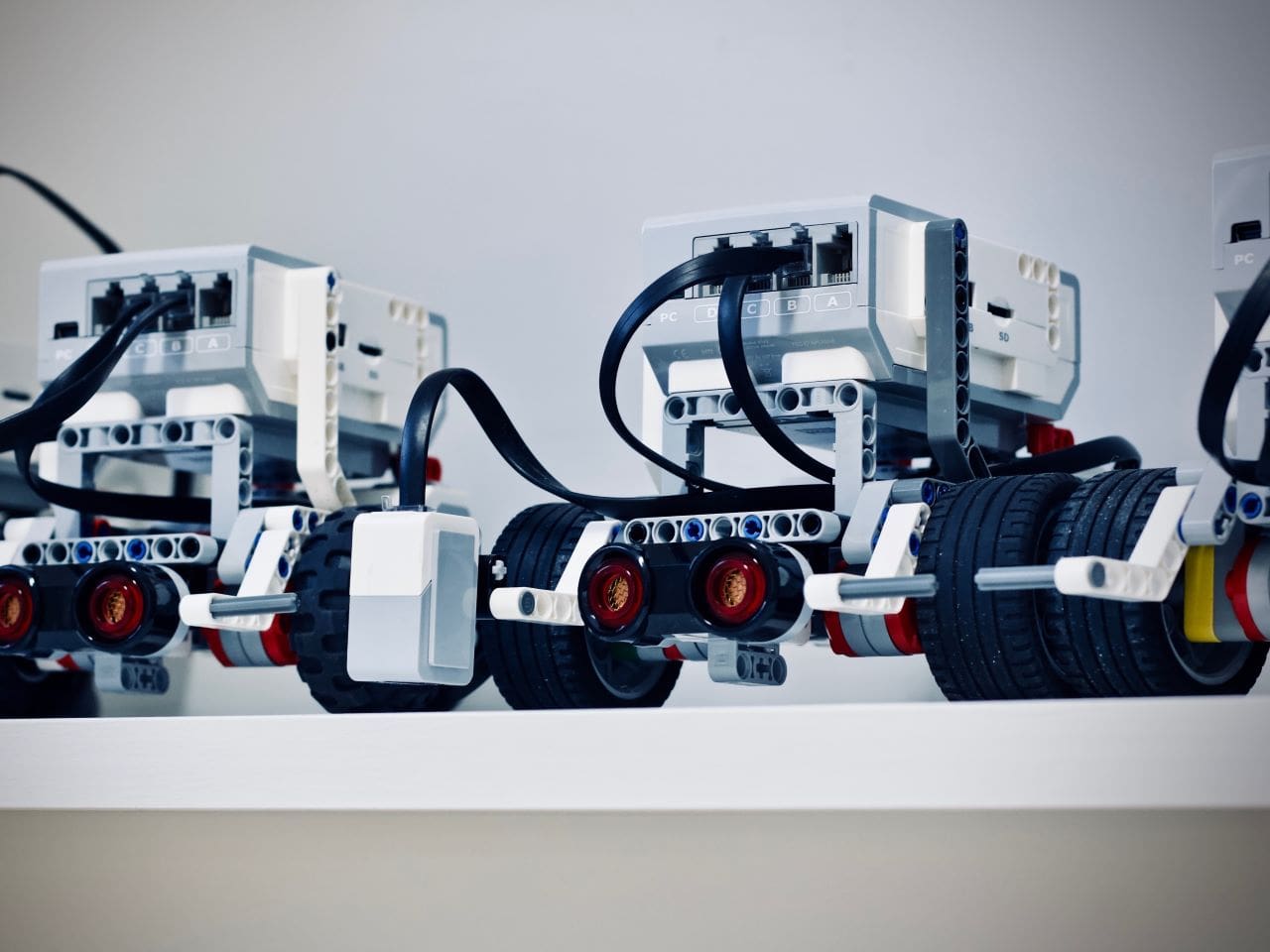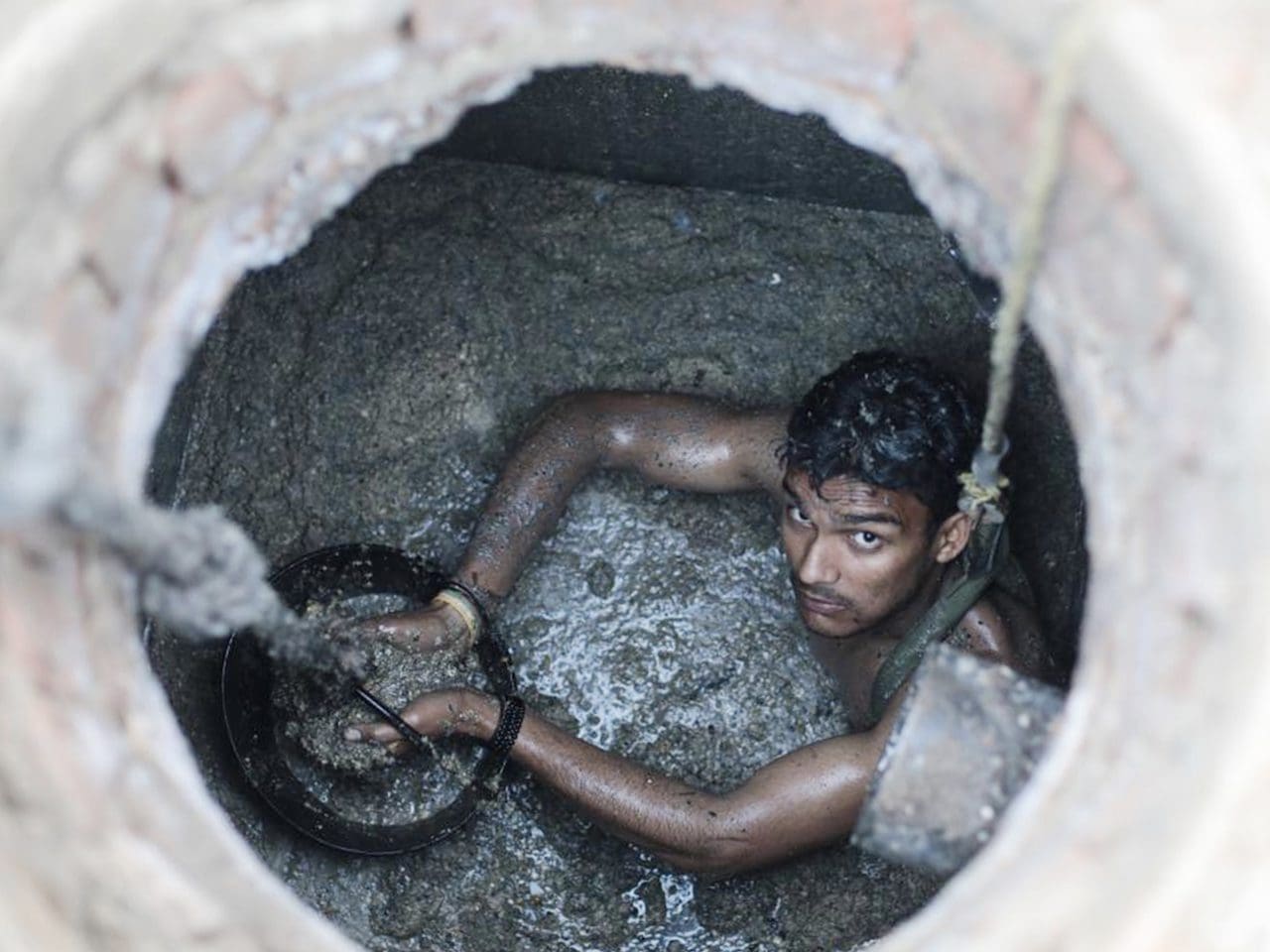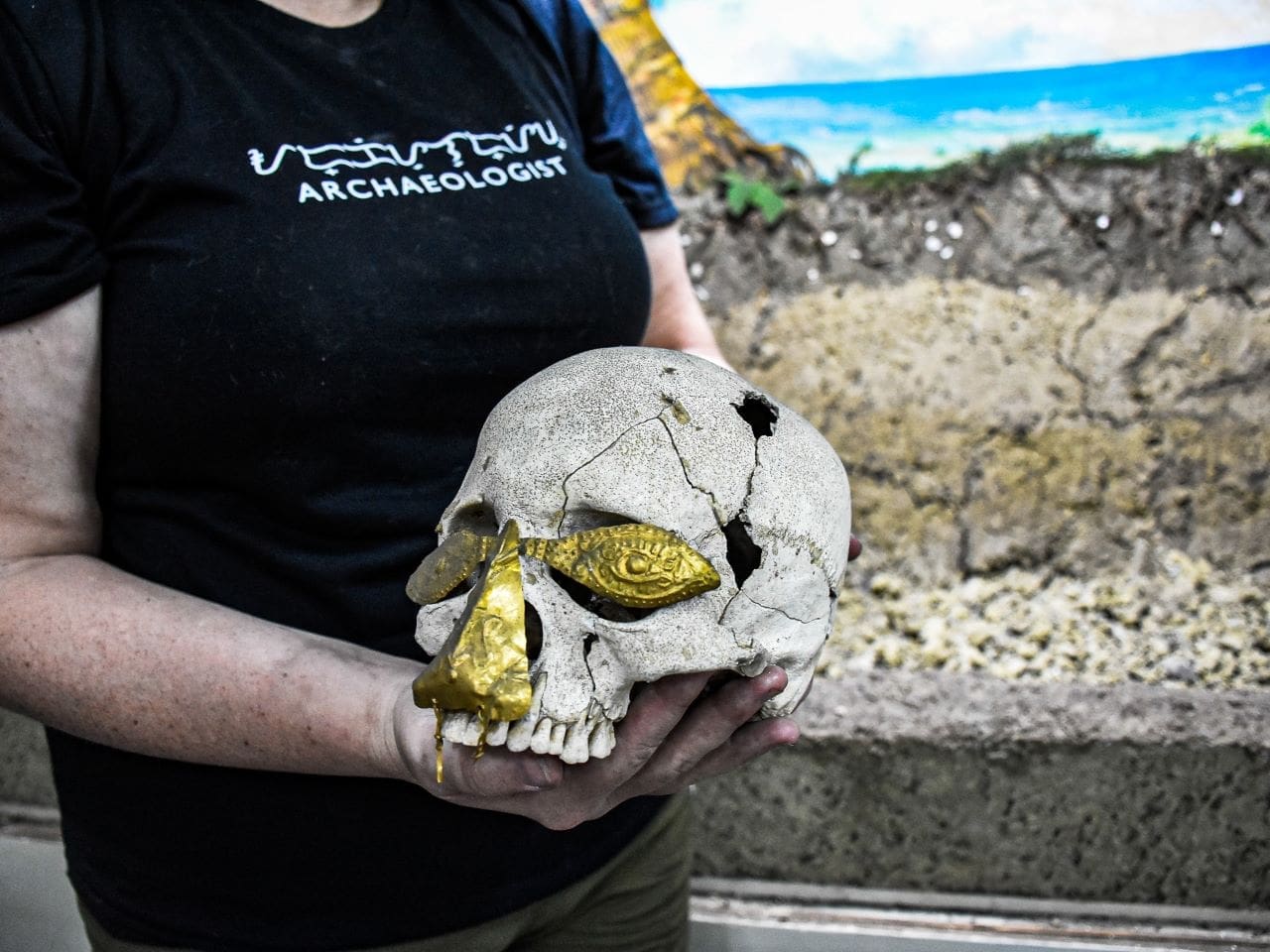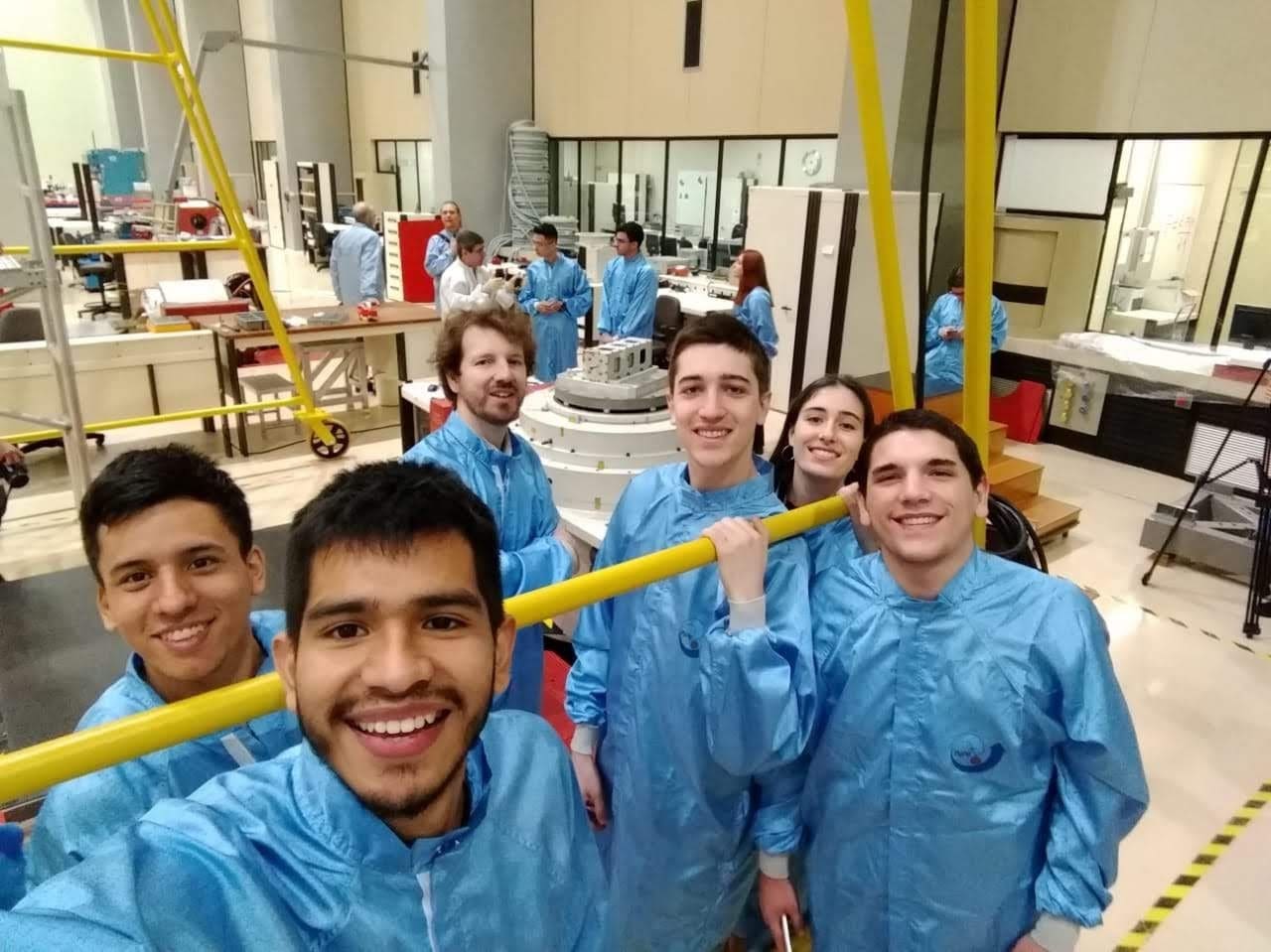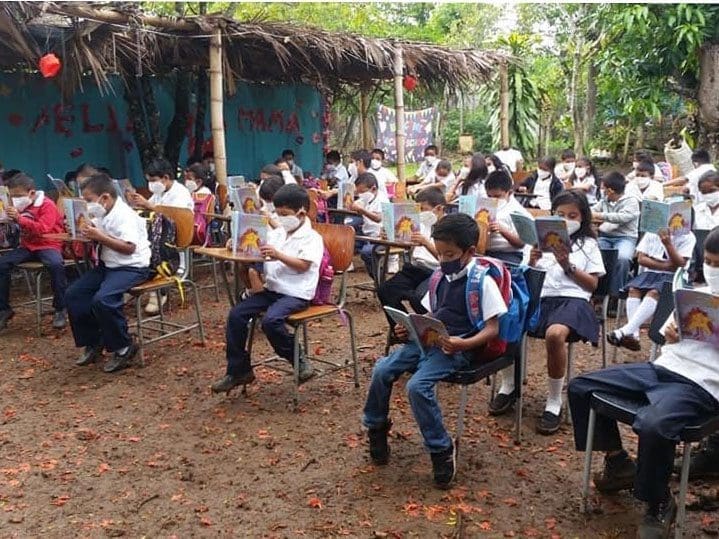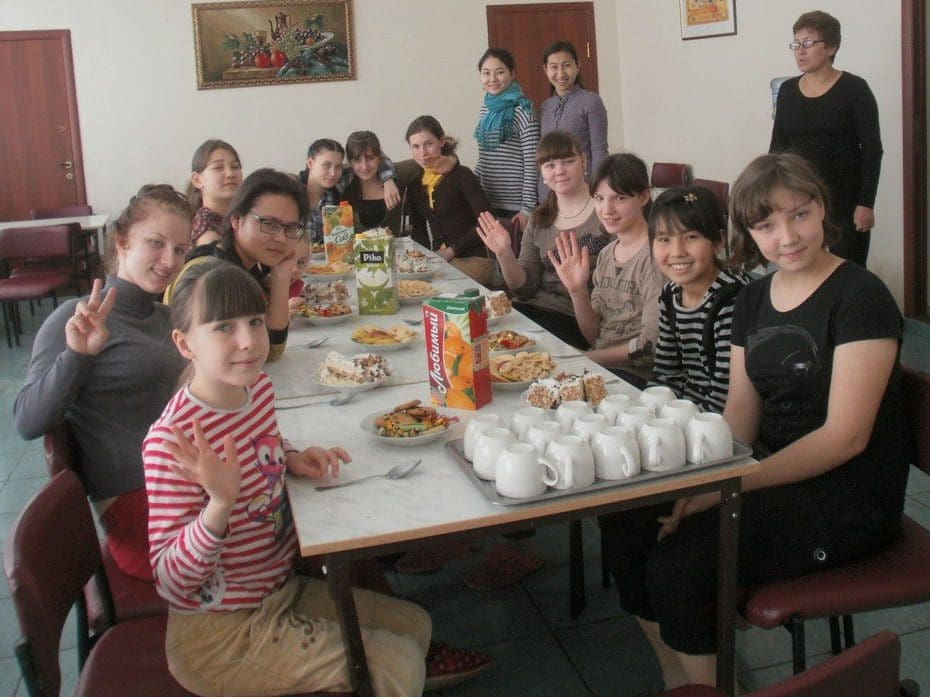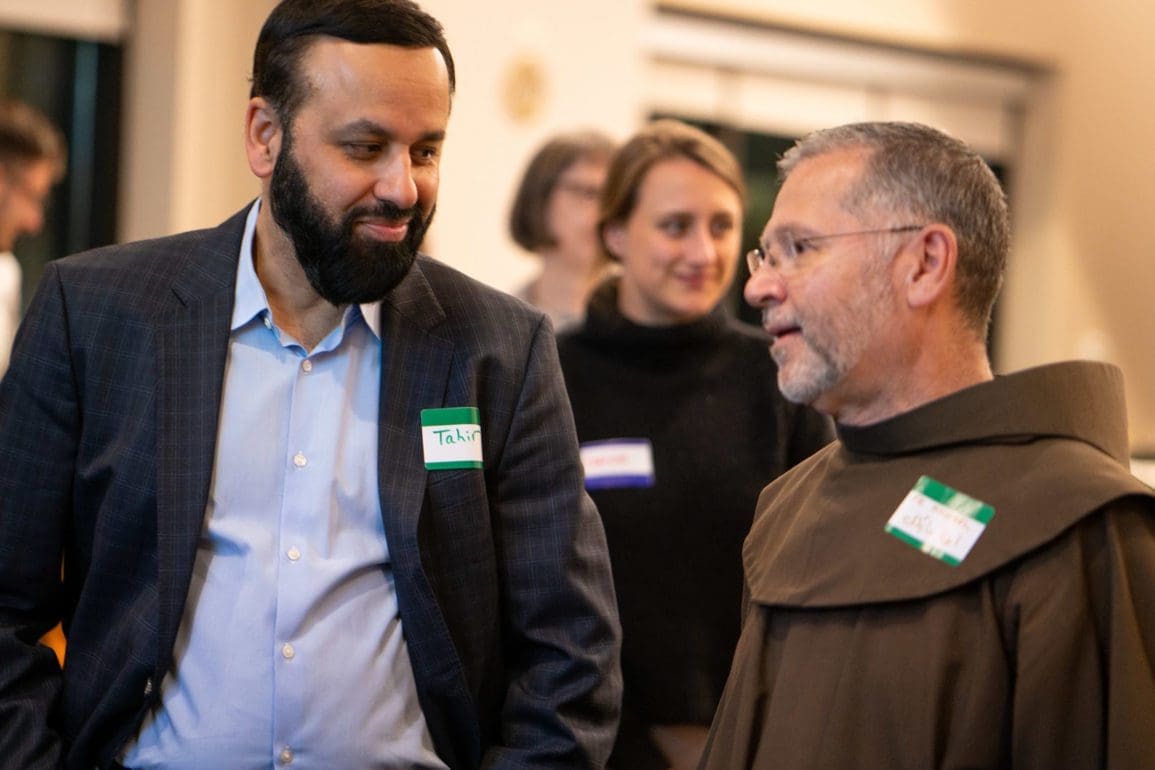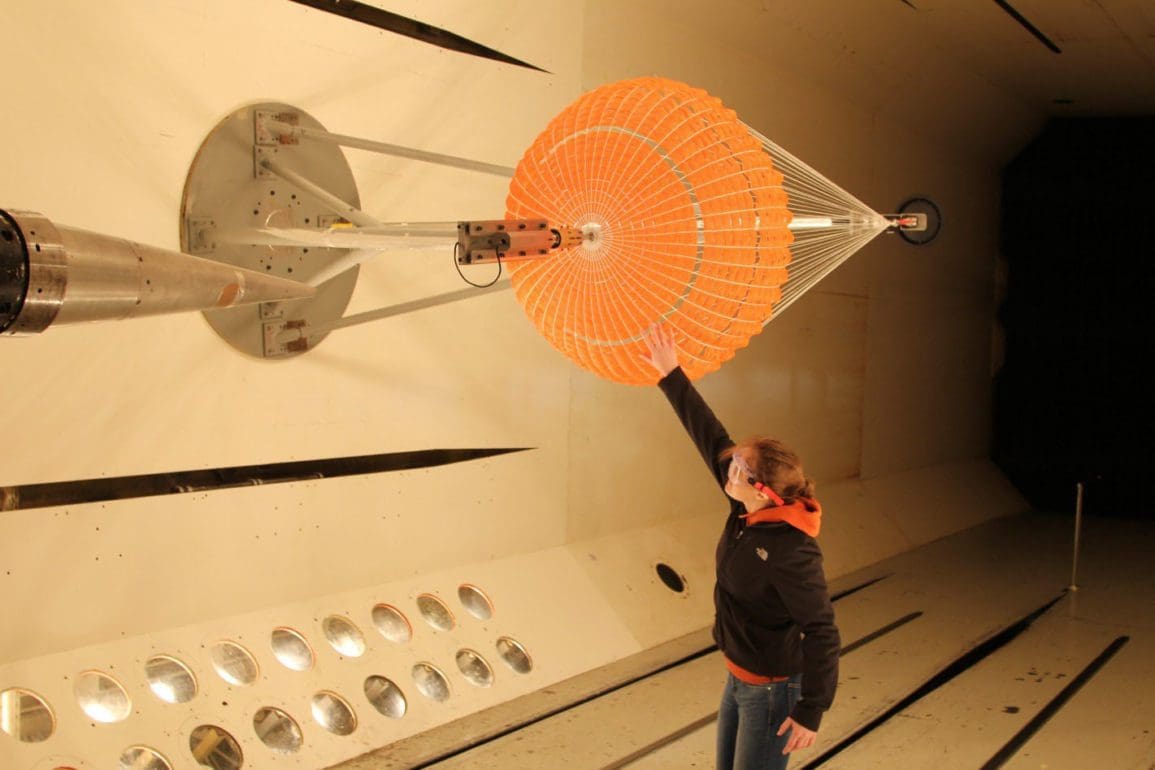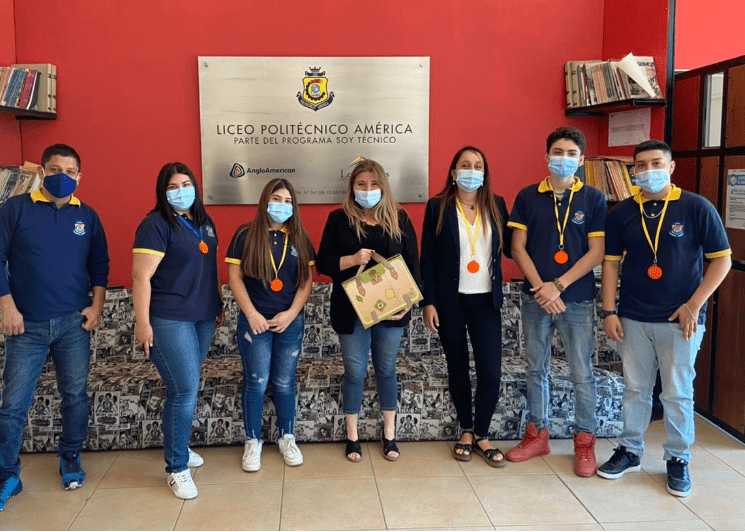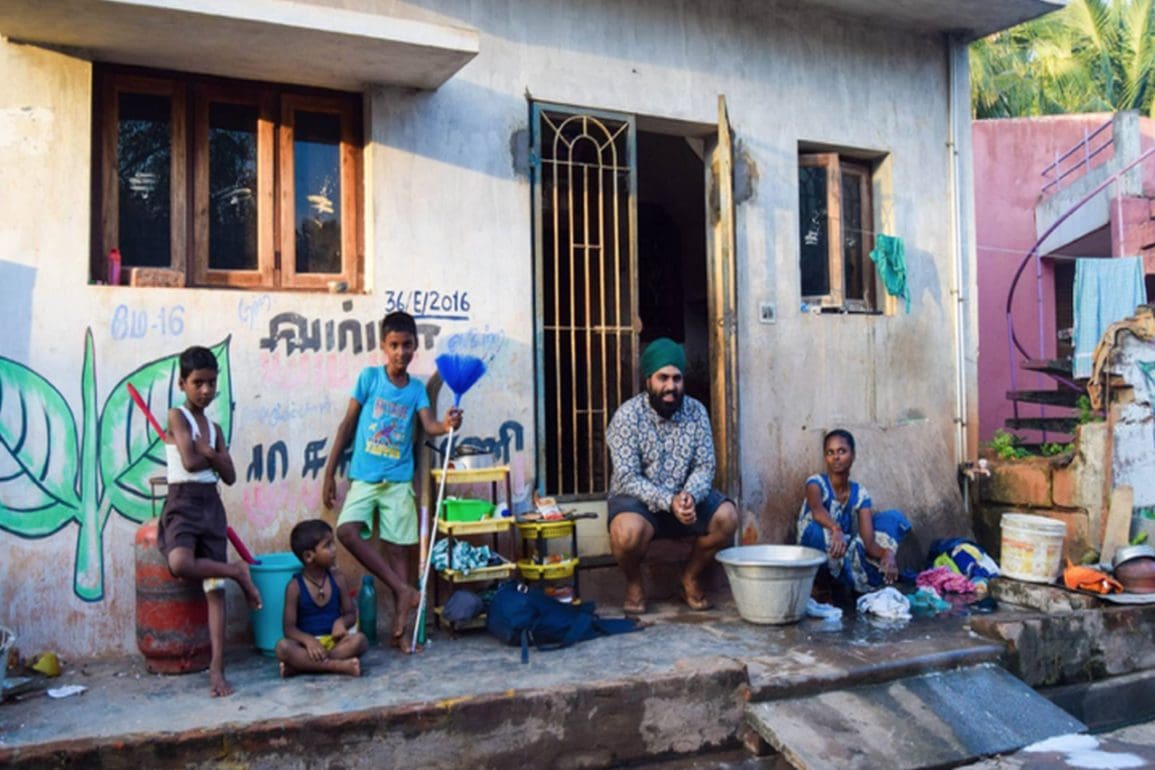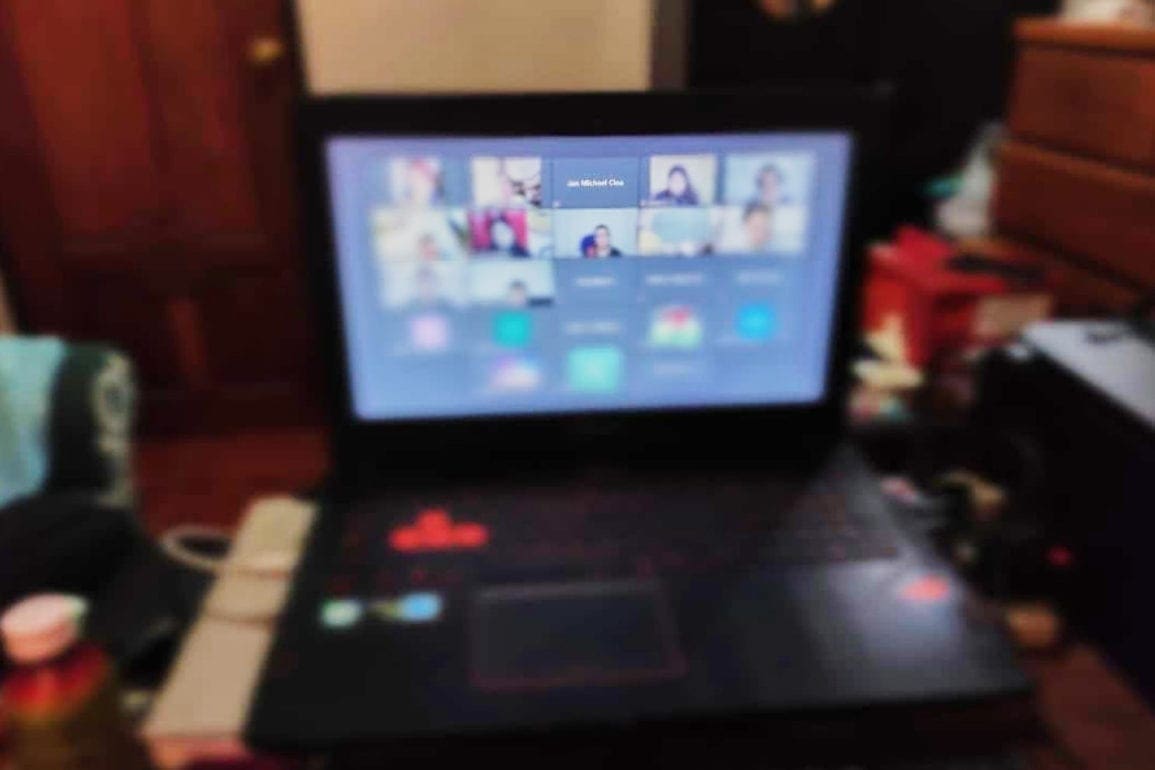CodeVita 2024: Chilean programmer secures victory in world’s largest programming competition in India
When I finished and looked around, I realized that no one else had finished. Within four hours, I managed to solve all the problems, finishing two hours ahead of the scheduled six-hour competition.
- 2 years ago
June 1, 2024
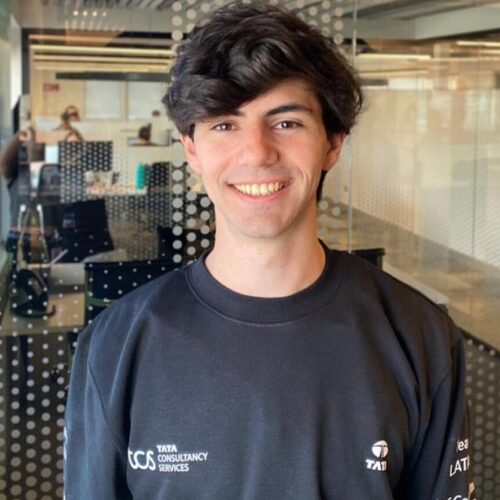
MUMBAI, India — My journey from Mexico to India for a programming competition took me to a destination I never dreamed of visiting. Upon arrival, I could hardly believe It. With its unique culture, India felt dramatically different from my home country of Chile, and I eagerly embraced it. As a programmer, I felt ready to tackle a new challenge at the TCS Olympus.
What made this competition particularly interesting was the scoreboard. Instead of listing individual rankings, it displayed our scores by problem, showing how many attempts each competitor made toward a solution. I remained unaware of my lead until the final moments. When I finished the competition and looked around, I realized that no one else was done yet. Within four hours, I managed to solve all the problems, finishing two hours ahead of the scheduled six-hour competition.
Read more science & technology stories at Orato World Media.
Passion for programming: from joyful beginnings to competitive heights
I started programming at seven years old, not out of necessity but for the sheer joy it brings. Although I no longer remember the specific programs I started with, I felt deep pleasure when I was coding. This passion for programming parallels my enthusiasm for sports. During my school days, I avidly pursued athletics. Particularly, I focused on the high jump—an event as thrilling as it is perilous due to the risk of falls.
In my second year of college, my love for programming took a competitive turn when a friend encouraged me to join a competition. Alongside two others, I entered the contest and discovered a new dimension to programming. It transitioned from a simple pastime, challenged my skills, and rewarded me with a dopamine rush every time I solved a problem.
Through this experience I discovered and joined my university’s programming team. Training regularly, to my delight, I earned compensation for doing what I loved. However, I quickly realized competitive programming demanded more than just coding proficiency. It required a blend of ingenuity and creativity akin to what one might need in the mathematical Olympics. In this arena, success relies on more than logical thinking. It demands creativity and stepping outside the conventional box.
I first heard about Code Vita in Chile, the programming competition organized by TCS, when a student from our programming team secured the second position. This piqued my interest, so I decided to sign up online. The competition involved two selection phases. I completed the first phase on the beach and the second phase in Conguillo Park. To my surprise, I got selected and classified, despite not having high expectations or competing with the intent to win. I simply hoped to secure a good position.
Programmer’s journey to India for Code Vita Competition
Code Vita tested programming skills more than ingenuity. It presented very challenging problems that required designing complex solutions rather than just figuring them out. This aspect particularly interested me because I had previously participated in a competition in Mexico. From there, we traveled to India for Code Vita.
Although we arrived a bit late due to our journey from Mexico, I took the opportunity to explore and experience the local culture, including trying out spicy food the day before the competition. The hotel where we stayed offered many amenities, such as a swimming pool and massage services, making our stay enjoyable.
During the competition, I focused solely on the keyboard, screen, and paper. Despite being surrounded by competitors from all over the world, I had minimal interaction with them. I sat near the Chinese competitor who ranked second. Before the competition we conversed and connected with fellow programmers. However, my most memorable experience came after the competition. I thrive under pressure and concentrate excellently, which serves me well in short-term stressful situations.
These competitions always challenge me with the ingenuity they require. It tests my creativity in ways that feel both strange and rewarding. Nonetheless, after the competition ended, I realized I had won without even looking at the scores during the event. The realization struck me as I observed my competitors still engrossed in their work. I experienced a surreal moment, almost disconnected from reality, yet uniquely exhilarating. Knowing I would never experience it again added a bittersweet edge to the memory.
The evolution of the coding community
The competition itself proved intense. Typically, these contests are short, but this one spanned six hours. I completed the problems in four, while others still had several more to solve. Interestingly, participants often attempted the easiest problem the most, highlighting their diverse approaches. When I returned home, I encountered another unexpected phenomenon. News of my victory spread and congratulations poured in from all sides, leading me to spend hours responding to messages on WhatsApp. I felt overwhelmingly satisfied, knowing my hard work and stress culminated in such a positive outcome.
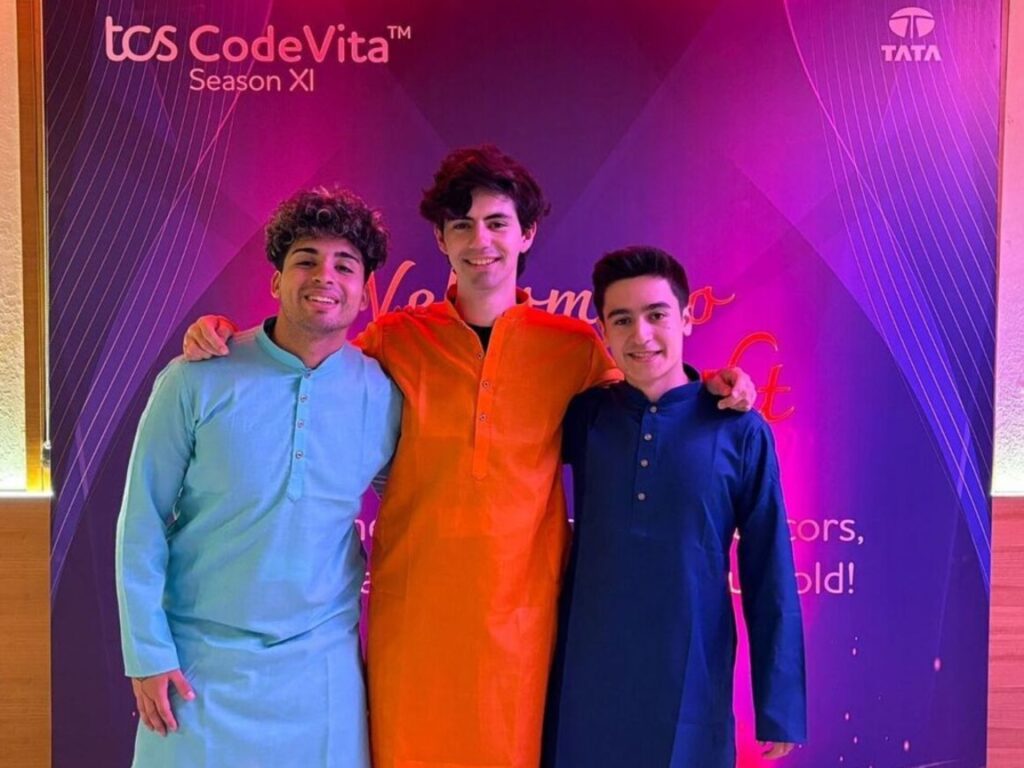
After the victory, I noticed that the university now addresses my special requests more promptly, though my day-to-day life has not changed much. This achievement, while not significantly altering my routine, has certainly impacted how others perceive and treat me in my academic environment. Previously, the programming community kept to itself, but it has since opened up, embracing diversity and friendliness.
This openness felt evident during the competition. Seven of us attended from Chile. Being part of that larger contingent naturally led to more interactions than one would experience alone. A few weeks ago, our team participated in the World University Programming competition in Egypt. Unlike FIFA, where spectators are the main draw, companies breathe life into programming competitions. They invest heavily because these contests significantly enhance programmers’ skills, fostering clear and structured thinking.
Overall, while these competitions may not mirror the competitive fervor of sports like soccer, they play a central role in programming excellence and community growth. Companies not only drive competition but also enhance global programming talent.

